
President John Dramani Mahama has reaffirmed the country’s unwavering commitment to deepening regional collaborations in higher education and research.
Addressing the participants at the opening ceremony of the 10th anniversary celebration of the African Centres of Excellence (ACE@10), the president said “Ghana is committed to deepening regional collaborations in higher education and research.
“We recognise and fully appreciate that the challenges of our time, whether in public health, in food security, climate resilience or digital transformation, are too complex, costly and knowledge intensive to be tackled in national isolation.”
The event, held from April 7 to 9, 2025 brought together education ministers, researchers, university leaders, and development partners from across Africa.
He said the country’s commitment stems from the understanding that today’s complex challenges, including food insecurity, climate resilience and technological gaps cannot be tackled in isolation.
“We recognise and fully appreciate that the challenges of our time… are too complex, costly and knowledge intensive to be tackled in national isolation,” he noted.
Over the past decade, the ACE programme has transformed higher education in Africa, with over 80 centres across 20 countries. Ghana is home to some of the continent’s most impactful centres, including the West African Centre for Crop Improvement (WACCI), the West African Centre for Cell Biology of Infectious Pathogens (WACCBIP), and the West African Genetic Medicine Centre (WAGMC).
“These centres have not only fostered cutting-edge research and innovation but have also trained a new generation of African scientists. WACCI, for example, is enhancing agricultural productivity and addressing food security through improved crop varieties and farmer training,” the President said.
WACCBIP, he added, has emerged as a “beacon of scientific research,” particularly in its contributions to infectious disease diagnosis and pandemic response. Meanwhile, WAGMC is pioneering work in genetic health, including efforts to combat sickle cell disease.
The President called for sustained investment and stronger institutional-industry linkages to ensure the continued impact of the ACE initiative.
“We must put more money ourselves into these centres of excellence… and ensure that innovation in these centres has tangible impact on the communities we serve.”
He also urged the promotion of gender equity in science and technology, applauding ACE’s role in supporting women in STEM through scholarships, mentorship, and inclusive academic cultures.
Mr. Ousmane Diagana, Regional Vice President for Western and Central Africa at the World Bank, praised the programme’s vision and results, calling it “a solid pathway to impactful and sustainable development.”
“These Centres have trained more than 90,000 students, including 7,650 PhDs, and facilitated nearly 18,000 internships. Their contribution to research is immense, with over 10,350 peer-reviewed publications, and they’ve attracted US$183 million in external funding,” Mr. Diagana said.
Mr. Diagana emphasized that democracy and higher education are closely interlinked, noting that leadership and political will have played a crucial role in the programme’s success.
Highlighting innovative outcomes from the ACEs, he cited ground-breaking work in genomics in Nigeria, biotechnology in Ghana and Kenya, and AI integration in Rwanda and Senegal.
“The ACE programme has laid the foundation for a knowledge-driven economy powered by African talent, resources, and solutions. To tackle Africa’s complex development challenges, we must continue investing in human capital—especially in STEM, health, and agriculture,” Mr. Diagana added.
Addressing participants, the Minister of Education, Mr. Haruna Iddrisu emphasised the government’s unwavering support for education and innovation.
In a light-hearted but poignant remark, the Minister suggested a rebranding of the programme’s acronym. “When they say ACE, the first bell that rings in my mind is the other ACE—of the disease. Perhaps into the next decade, we could consider calling it the Higher Education Centre for Excellence.”
Mr. Iddrisu echoed earlier calls for sustainability and relevance in higher education, urging Ghanaian universities to begin research into traditional medicine, inspired by successes shared from Uganda. “President Mahama wants to see Ghanaian universities contribute to the development of health and medicine through traditional knowledge,” he said.
The Minister also proposed the establishment of new centres of excellence focused on foundational learning and youth development to address literacy gaps and graduate unemployment.
“One of the major concerns of our President is youth empowerment. Maybe ACE and the World Bank can support a Centre of Excellence dedicated to youth development,” he suggested.
In line with this vision, he announced two major initiatives. “For the first time, a national research fund will be operationalised, with $5 million dedicated to ACE grants. Additionally, every public university in Ghana will receive funding from the Ghana Education Trust Fund to support five local PhD students this year.”
Mr. Iddrisu concluded by calling for continued collaboration and support from development partners like the World Bank.
“We may be guided by our self-reliance, but like Oliver Twist, we still ask for more, especially to support initiatives such as the upcoming sanitary pass programme for young girls,” he said.
The post Mahama promises regional collaborations in higher education and research appeared first on The Ghanaian Chronicle.
Read Full Story
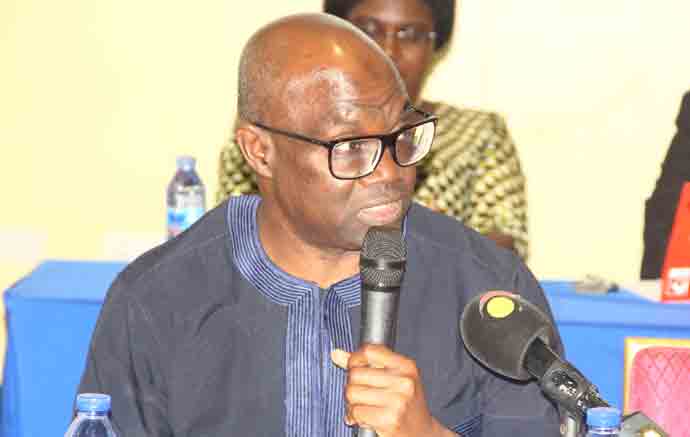
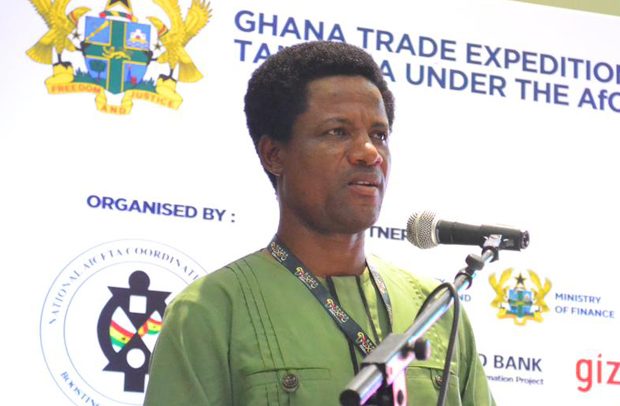


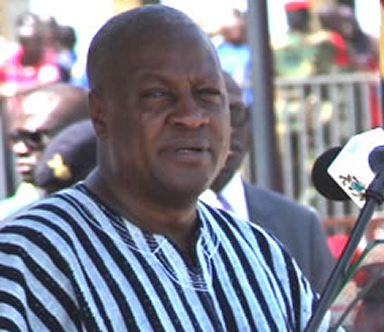




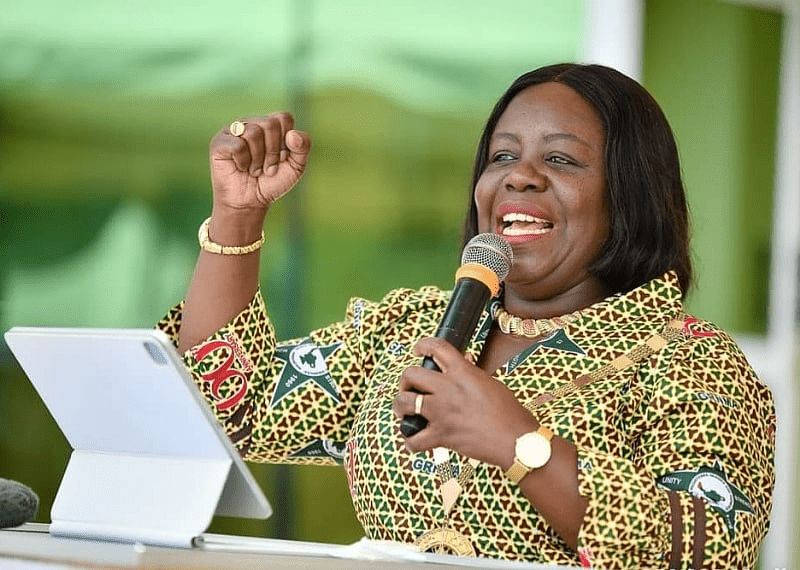


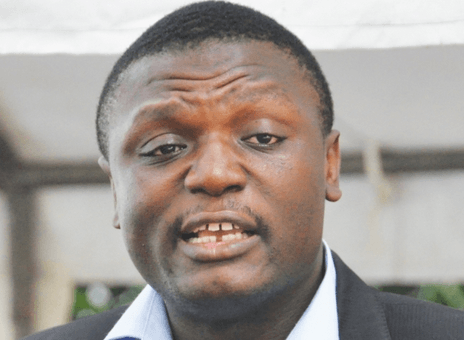


Facebook
Twitter
Pinterest
Instagram
Google+
YouTube
LinkedIn
RSS